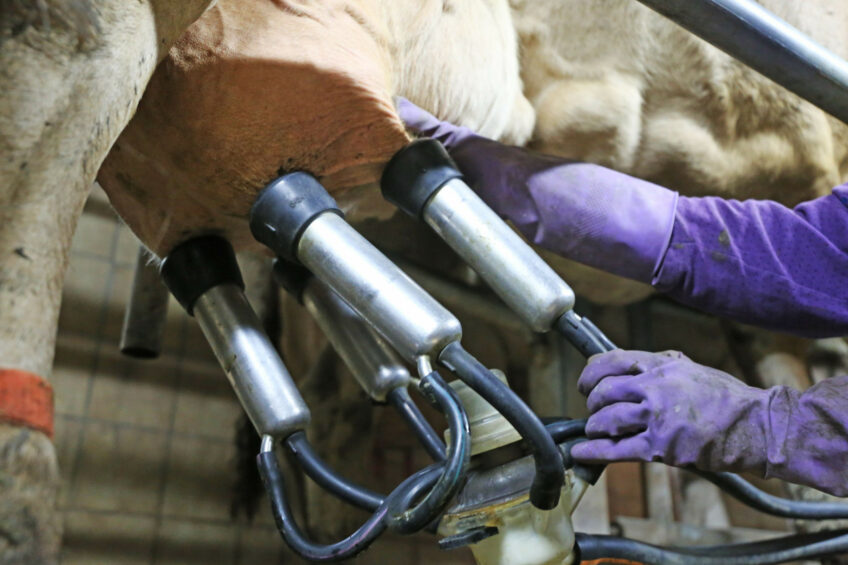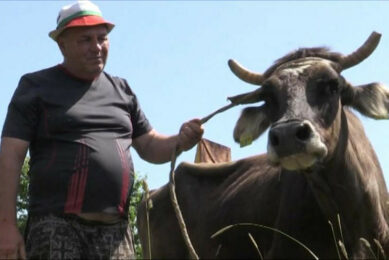Labelling standards divide Bulgarian dairy sector

The introduction of 2 country-of-origin production labels has sparked a significant division within the Bulgarian dairy industry, despite claims that the difference in their standards is minimal.
In 2023, Bulgaria introduced the Protected Designation of Origin (PDO), a labelling system designed to guarantee consumers that dairy products such as Bulgarian white brine cheese and Bulgarian yoghurt are made using locally-sourced raw materials. This was designed to replace the Bulgarian State Standard (BSS), a labelling system managed by the Institute for Standardization.
However, as explained by Dimitar Zorov, head of the Bulgarian Traditional Dairy Products Association, the Institute for Standardization opted to patent the BSS and keep it on the market, though it no longer has the status of an official national standard as before and is not legally binding for companies to adhere to.
He insisted that the BSS labelling is largely misleading, as its requirements are softer compared with what PDO imposes.
Creating a level playing field
Under the PDO standards, dairy manufacturers are required to source only Bulgarian milk and at least 70% of local feed. These standards not only ensure the authenticity of the products but also protect local farmers by creating a level playing field in the face of varying production costs across Europe.
Zorov explained that the standards are required to protect local farmers, given the wide gap between production costs at the dairy farms in Bulgaria and some other European countries. He explained that the cost of Bulgarian milk stands at €1.30 per litre, while in some parts of the EU it is as low as €0.70 per litre.
Over 30 companies have already registered to use the PDO mark. However, dozens continue to rely on BSS labelling.
Zorov called on the companies using the PDO label to unite into a single organisation to ensure proper quality control among its members. He explained that this should help better promote Bulgarian products on foreign markets, among other things.
Feed in the spotlight
BDS standards primarily allow dairy farmers to continue relying on imported feed, explained Simeon Karakolev, chairman of the National Sheep and Goat Breeding Association. He added that some farmers indeed used imported feed.
Official information on the Bulgarian Institute for Standardization’s website clearly shows that the products under BDS and PDO are identical in terms of raw materials, basic physical, chemical, microbiological, or organoleptic characteristics, names, test methods, and production technology.
The feed issue is believed to be of utmost importance for the dairy industry in southern Europe, where this year’s harvest has largely been impacted by some of the worst droughts in recent decades.








